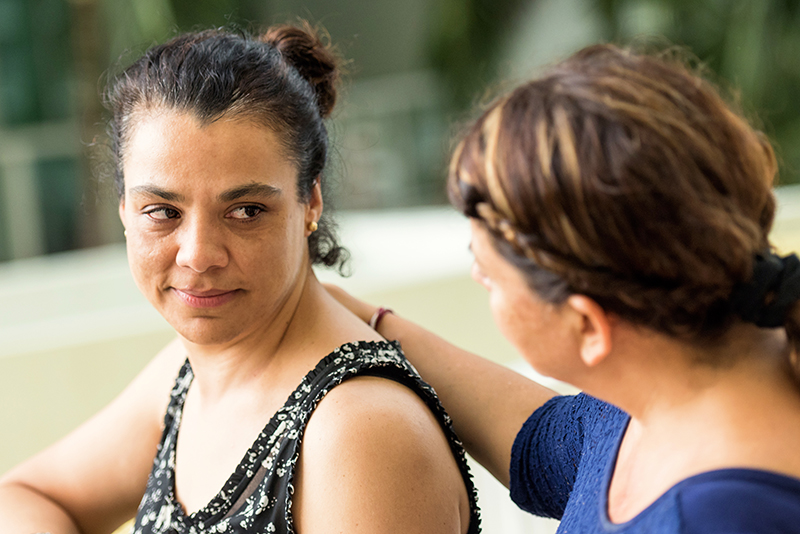
Peace of Mind with In-Home Senior Care in Windsor and Essex County When it comes to the well-being of your senior loved ones, ensuring they receive the best care possible is often a top priority. When it comes to in-home senior care in Windsor Essex, Amy’s Helping Hands can offer you better peace of mind, knowing that your family members are in good hands. Personalized Care Tailored to Your Loved Ones' Needs One of the biggest advantages of Windsor in-home senior care is the personalized approach it offers. Unlike care facilities where attention is often divided among many residents, in-home care ensures that your loved one receives one-on-one attention. Care plans are tailored to meet the specific needs of each senior, whether they require help with daily activities, medication management, or simply companionship. This individualized approach not only improves their quality of life but also reassures families that their loved ones are being cared for in the best way possible. Maintaining Independence and Comfort Staying in the comfort of their…

The Difficult Emotions Every Family Caregiver Battles – and How to Let Them Go If you are feeling a bit discouraged in your role as caregiver, take heart; you’re in good company. Providing care help for a loved one is perhaps the most complex role we can hold: highly rewarding on the one hand, while simultaneously frustrating and ever-evolving, frequently resulting in feelings of doubt about whether we are up to the challenge and providing the most effective care. It’s why a number of family caregivers struggle with some or all of these types of feelings: Guilt: It is easy to feel as if you are not doing as much as you should to help your senior loved one, that you’re selfish for seeking time away to yourself, or that you’re inadequate to provide the assistance your loved one needs. Helplessness: There are circumstances when you simply cannot solve the problems your loved one is going through. Anger or frustration: This can be directed at yourself, other members of the family who seem as if they are not doing their fair share, and even at your older loved…















